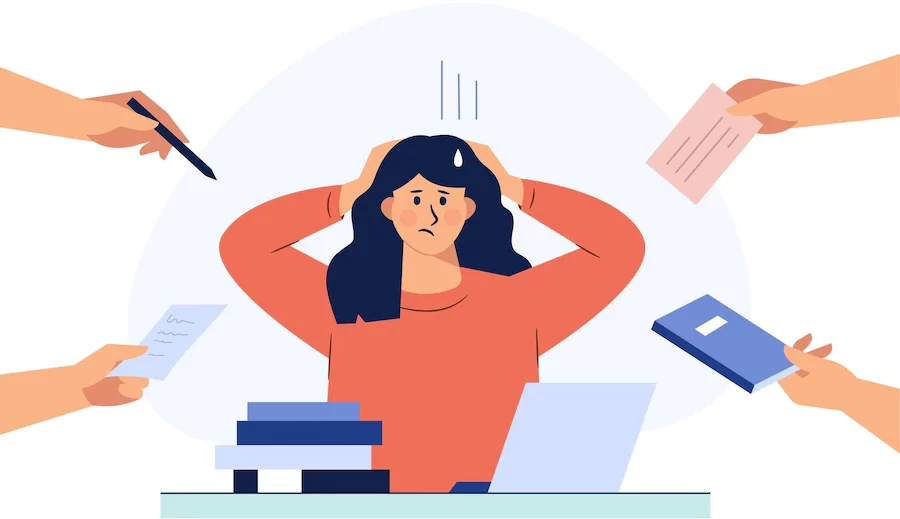It’s no secret that students often experience high levels of stress. High school and college, in particular, can be difficult due to the heavy workload and the number of crucial life decisions you’ll have to make. If you want to perform well without making yourself miserable, you need to learn to manage your time effectively and take some of the pressure off yourself. Fortunately, there are a number of things students can do to relax without blowing off their academic responsibilities. If you’re in need of ideas, read on for some stress-reduction activities for students.
What are some stress reduction activities for students?
It can be helpful for students to have a community to rely on and connect with, especially during a particularly stressful time in their lives. Those who qualify should consider joining a national association of scholars, which gives you access to a wide range of resources and a network of peers who can guide you through the challenges you’re facing. You’ll also be able to give yourself an edge in college admissions. Your community can provide you with the help you need to succeed both academically and emotionally. You can talk to your teachers, parents, or your friends to see if they have any advice on groups or organizations that you should be aware of.
Though your schoolwork should always be a priority, you need to make time for fun, too, if you want to avoid burnout. When you have free time, it’s essential to allow yourself to recharge and relax by spending time with your friends or doing something you love. One great idea is to have a huge party to let off steam after finals. You can go big and opt for an air hockey rental and plenty of other activities to enjoy. An air hockey table is an excellent idea because matches don’t take long and it’s something you can do with friends. You could also consider some classic arcade games or a foosball table. What matters most is that you give yourself a break every once in a while.
How else can students alleviate stress?
Sleep deprivation is one of the most common problems students face. It can lead to lower grades, problems with focus, and a number of severe health problems. No matter what the reason, though, the consequences of sleep deprivation are real. Students who get less than eight hours of sleep per night have lower grades and are more likely to have to retake classes. They are also more likely to have lower test scores and to experience depression. If you’re struggling to fall asleep or stay asleep consistently, you should talk to a doctor about finding a solution that works for you.
Students need to prioritize their mental health. Though many of us don’t, it’s essential to treat your mental health the same way that you treat your physical health. Stress can often manifest itself in the form of negative emotions, such as anxiety and depression, as well as physical problems, such as headaches and stomach aches. The pressure to succeed in school can be overwhelming for some students, and it’s understandable if you find yourself in need of some support. In fact, therapy can be an extremely effective way for students to manage their stress and improve their academic performance. Don’t be afraid to ask for help if you think it could be beneficial for you.
Stress can have a significant detrimental effect on your mental health and your physical health. As a result of the amount of work they have to do and the pressures they face, students typically experience high levels of stress on a regular basis. Learning how to manage it and relax is vital for students who want to thrive in school. Though it may not seem that way at first, it is possible to complete all of your assignments on time and take breaks for fun and self-care when you need them.
